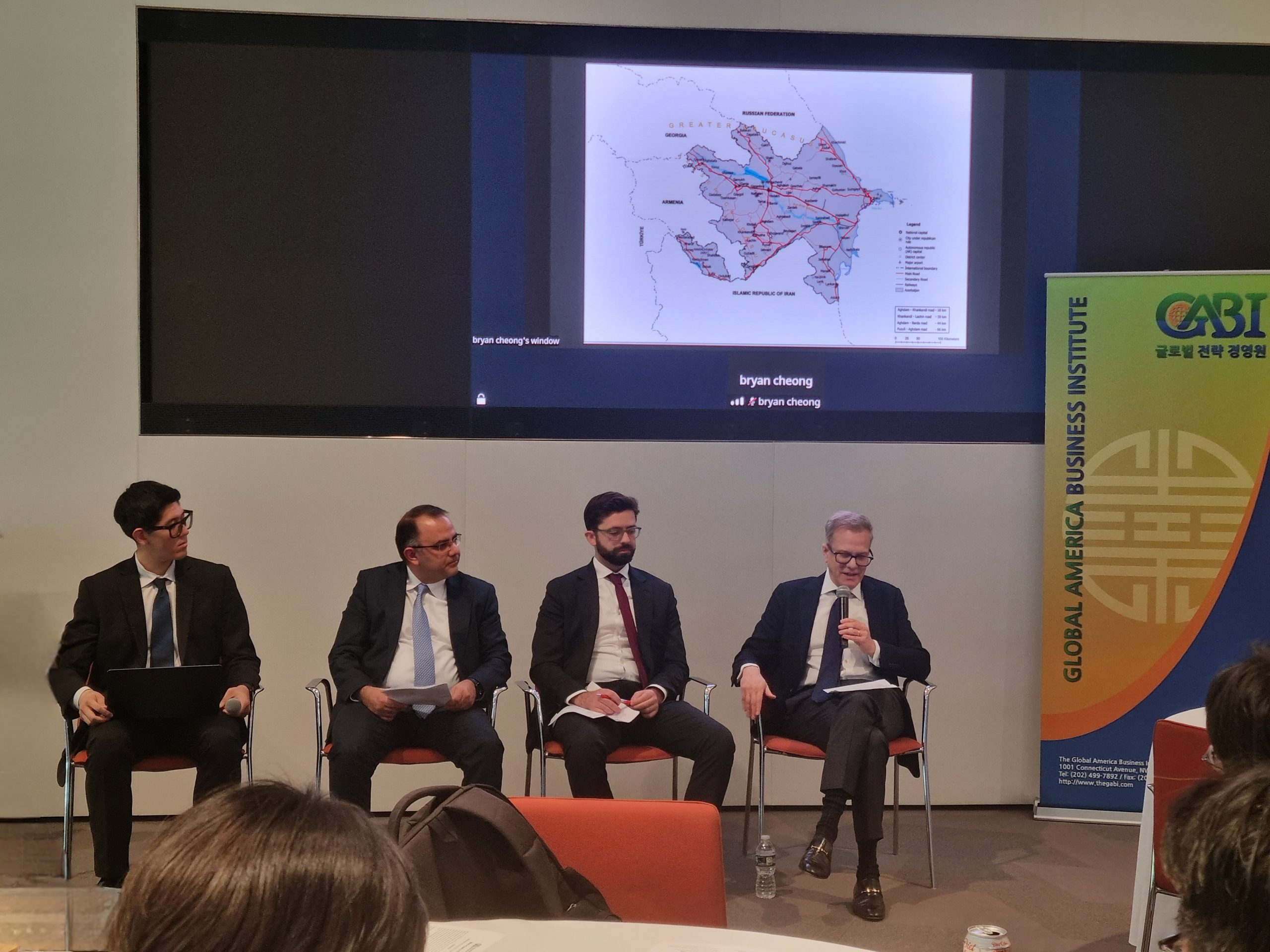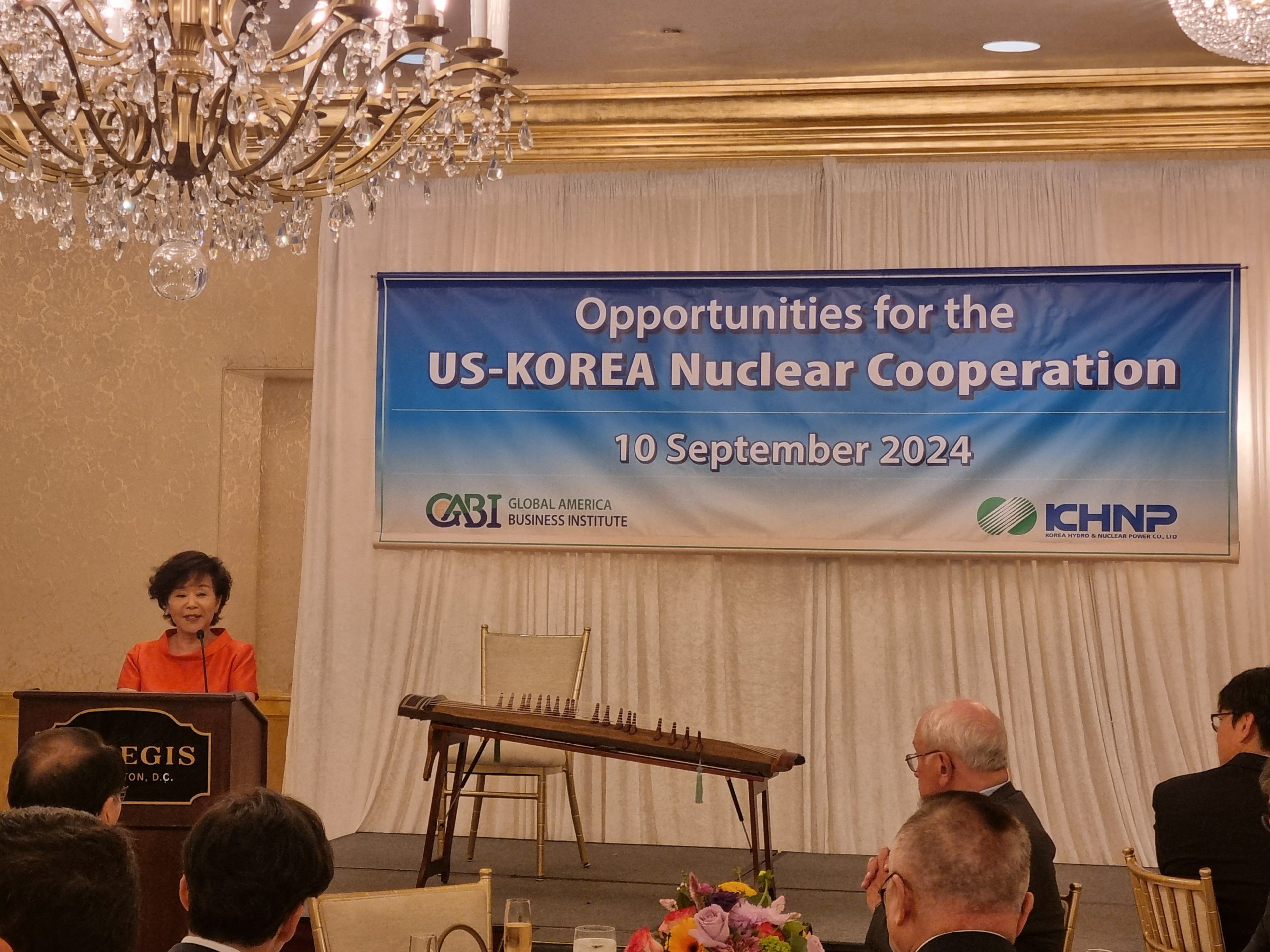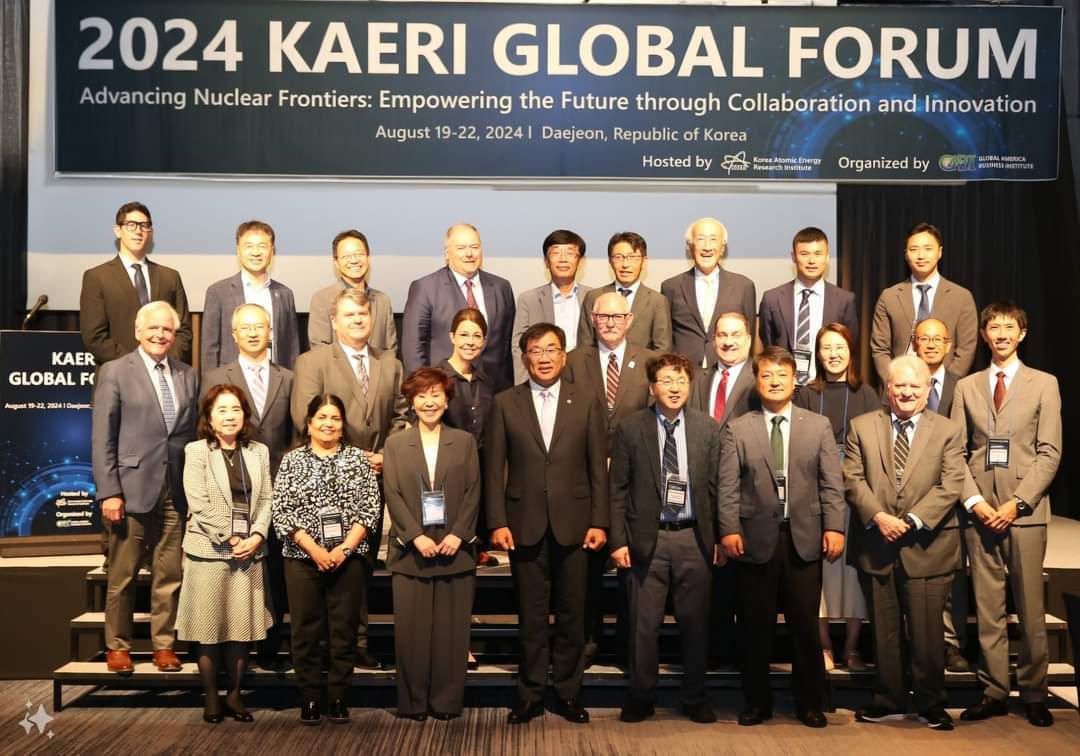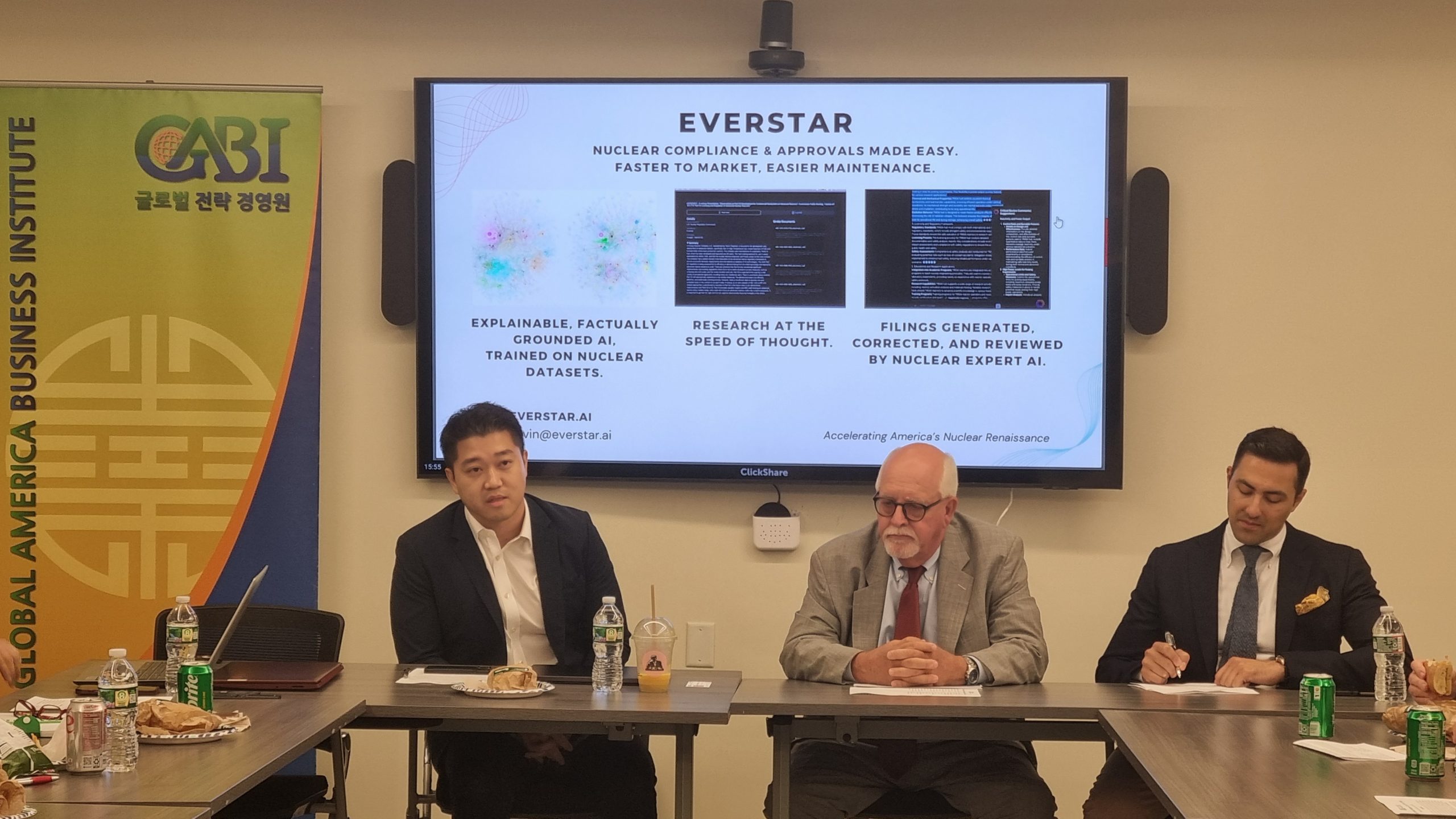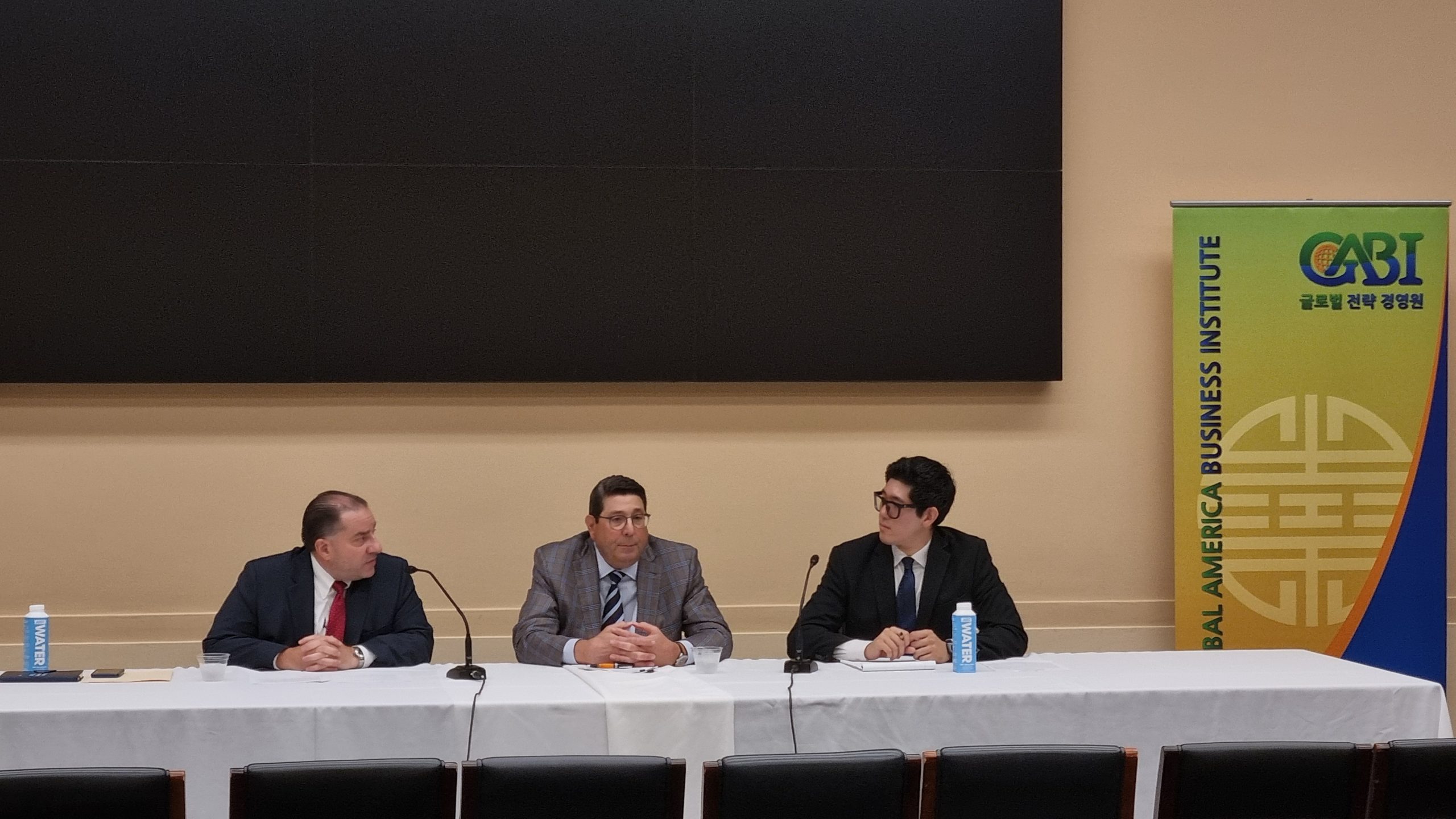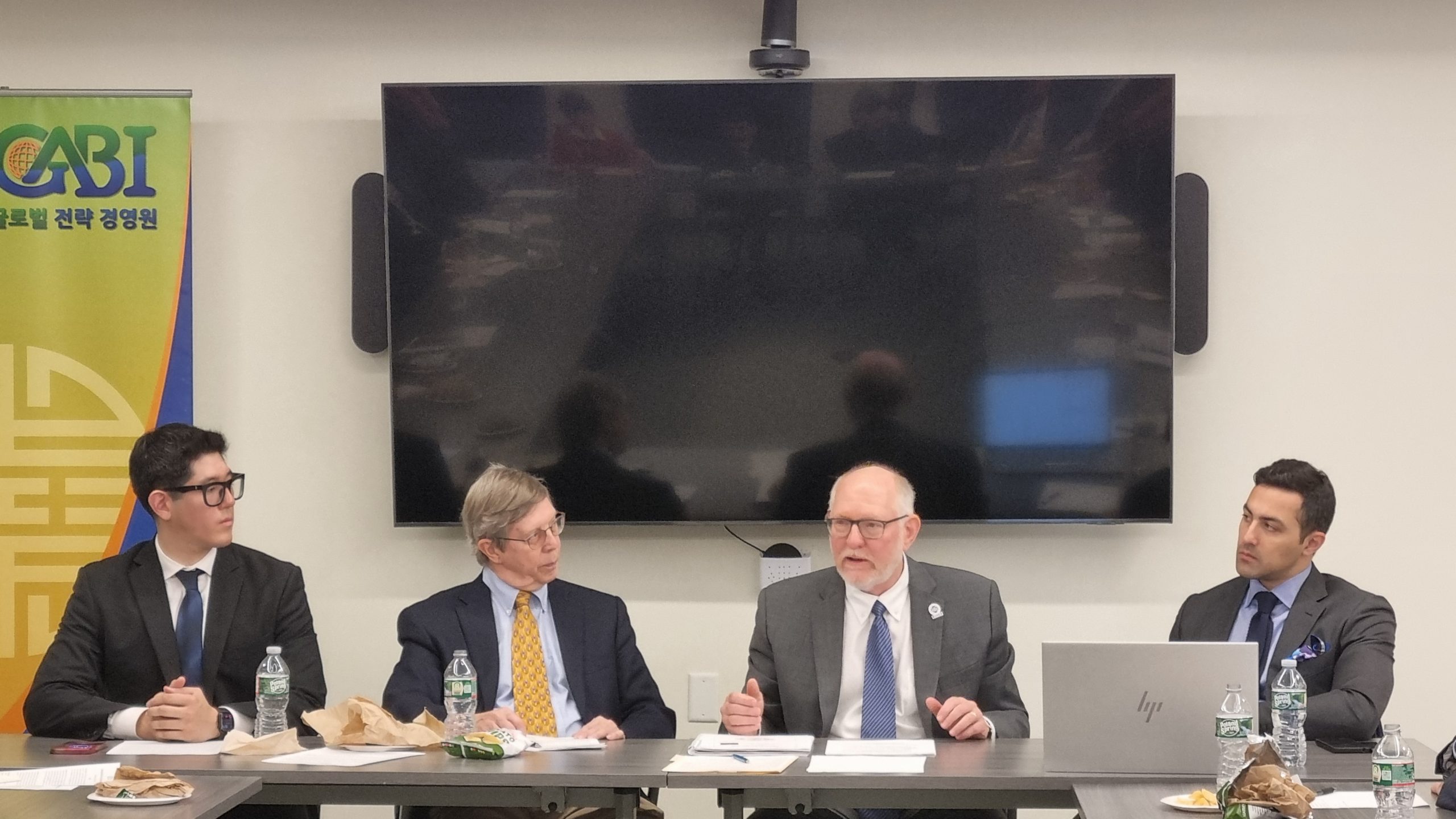Historically, the most rapid reductions in carbon emissions have resulted
from large build outs of nuclear power, as was witnessed in France in the
1970s and 1980s. While preserving existing nuclear plants will be crucial
to carbon mitigation, accelerating reductions in GHG emissions will
require significant nuclear new build going forward. Considering the
economics, land use, and intermittency challenges associated with other
low-carbon energy options (e.g. renewables, carbon capture), nuclear will
arguably be needed to enable feasible decarbonization pathways. Although
expansive growth of nuclear power worldwide will inevitably elicit
traditional concerns about the technology, recent studies suggest that
many developing countries and regions have the necessary institutional
foundations for starting civil nuclear programs in the near future.
Moreover, advanced nuclear reactors—such as Thorcon’s floating MSR
concept—boast scalability, greater passive safety margins, and enhanced
safeguardability, increasing prospects for successful large-scale
commercialization and deployments.


